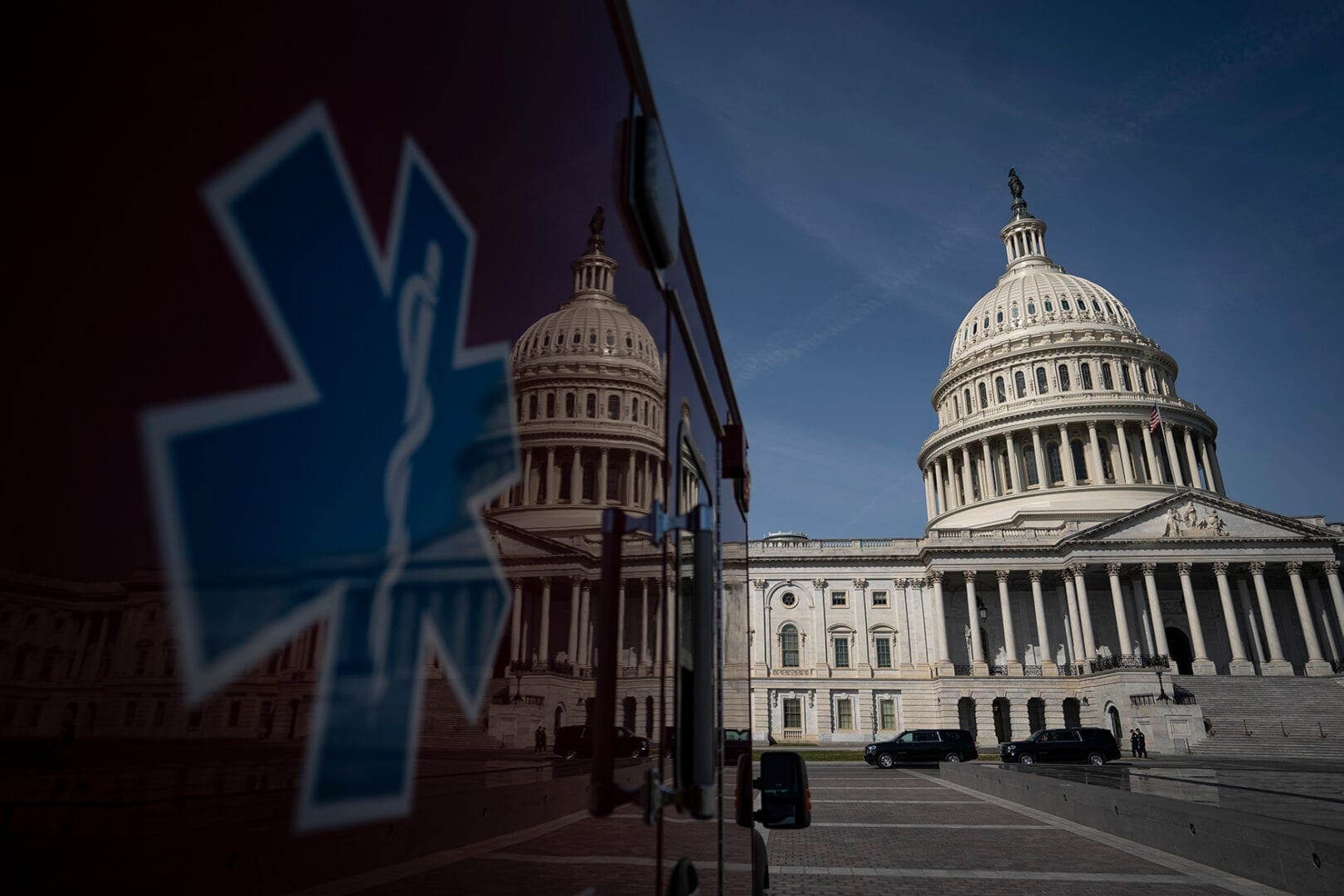The paper states that:
- Human rights must be at the center of all prevention, preparedness, containment and treatment efforts from the start, in order to best protect public health and support the groups and people who are most at risk.
- AIUSA is gravely concerned that many of the measures to contain the spread of COVID-19 appear to have been proposed and implemented without full consideration of potential consequences when it comes to human rights for all.
- All governments and other actors involved to ensure that all responses to the COVID-19 outbreak must act in compliance with international human rights law and standards, taking into account the specific needs of marginalized groups and people and those most at risk.
Following the release of the paper, AIUSA Executive Director Margaret Huang sent a letter to President Trump calling on the U.S. government to ensure that all responses to the COVID-19 outbreak are in compliance with international human rights law and standards, and urging his administration to lead the country in these times of great uncertainty and anxiety by protecting the health, safety, security, and other human rights of all people.
Denise Bell, Researcher for Refugee and Migrant Rights, said in light of current COVID-19 responses:
“The right to health is universally recognized. As they face pandemics, states have an obligation to ensure that preventive care, goods, services, and information are available and accessible to all persons—especially those who are vulnerable and at greater risk for the disease and its negative impacts. Human rights are not a luxury that should only be afforded to certain segments of the population.”
“States should be especially conscious of the virus’ impact on marginalized and other vulnerable communities who may face adverse impacts and challenges in accessing care. People living in poverty; who are homeless; working in the “gig economy;” people with disabilities; undocumented immigrants; and people who are incarcerated or held in immigration detention, among others, should see their needs and experiences are fully accounted in governments plans to fight the pandemic.”
“The response to COVID-19 must lead with science and clarity, not ideology or xenophobia. This involves aggressively combatting disinformation, especially online, and only implementing travel restrictions that are non-discriminatory and legitimate. We can’t let our fear, anger and vulnerability justify actions that undermine people’s basic rights to safety and dignity.”
“People may need to be physically distant at the moment, but we are united. We must support our healthcare workers and their families as they lead the response to the pandemic, and stick together to get through this.”

